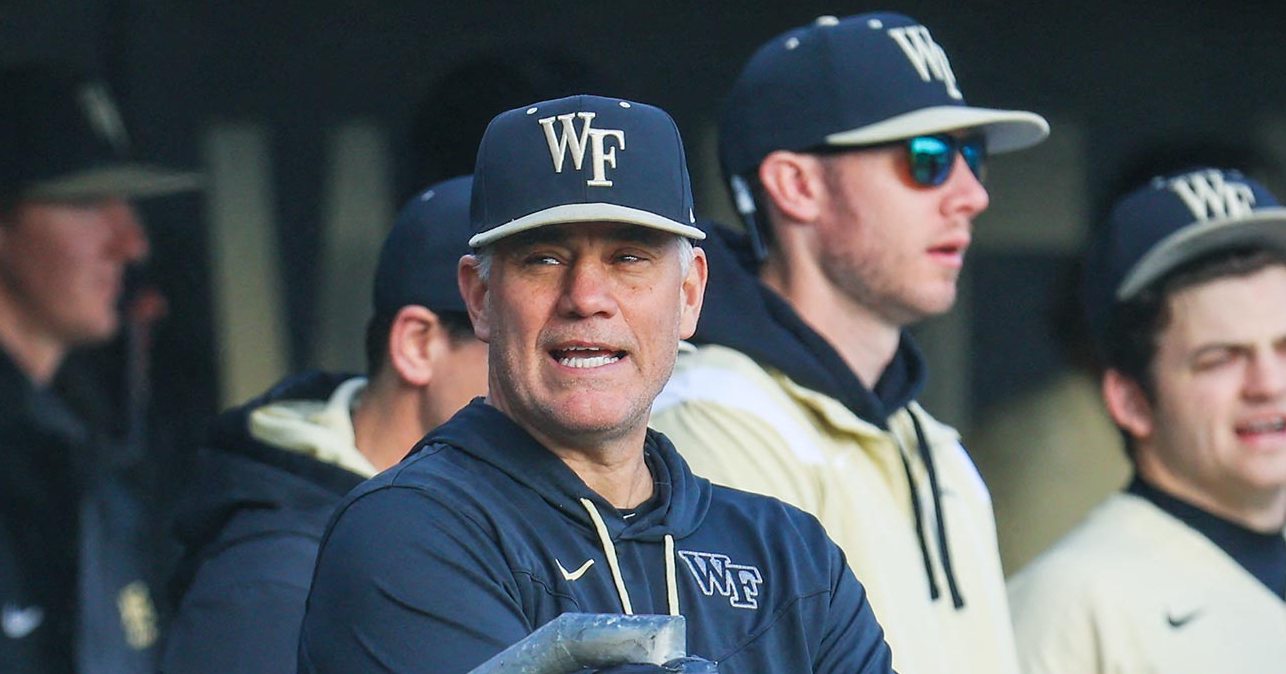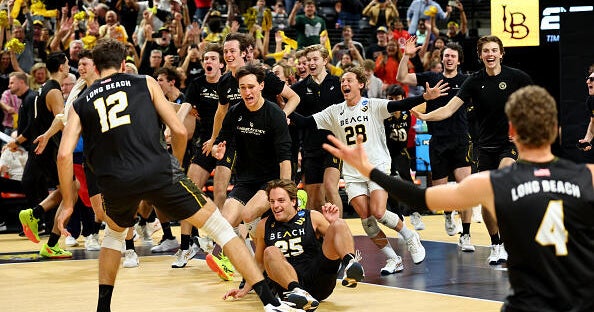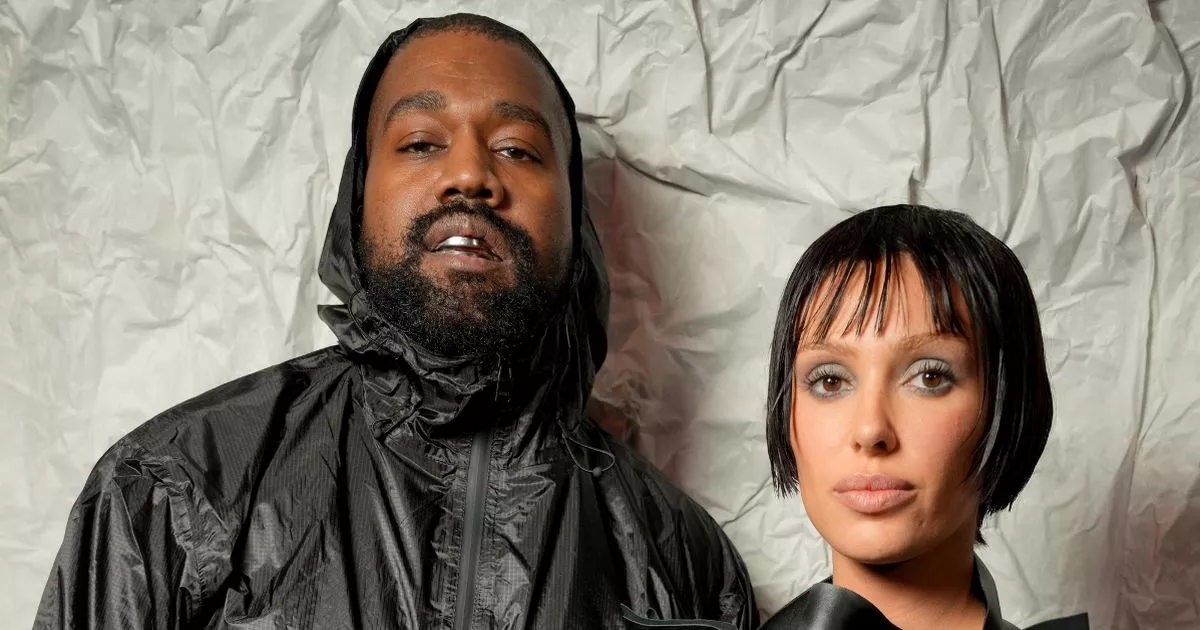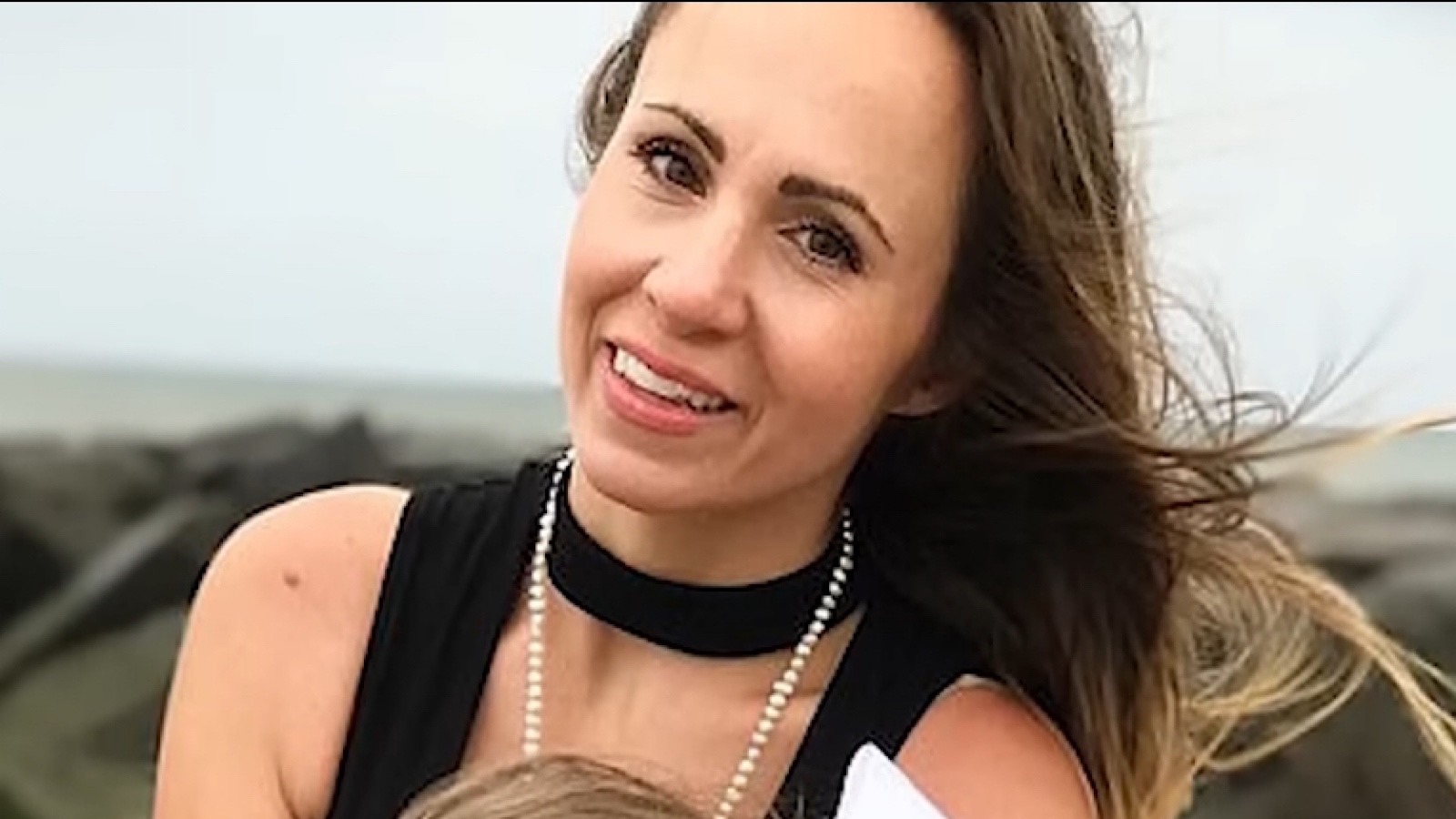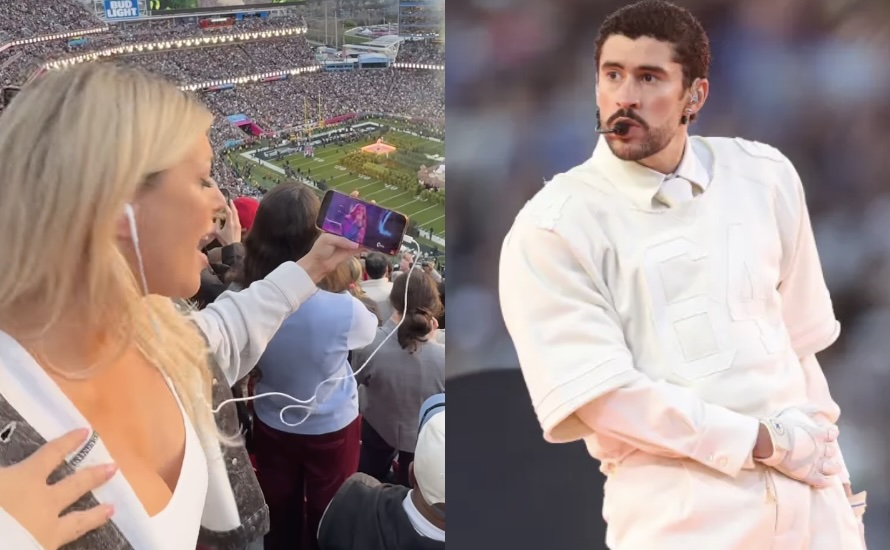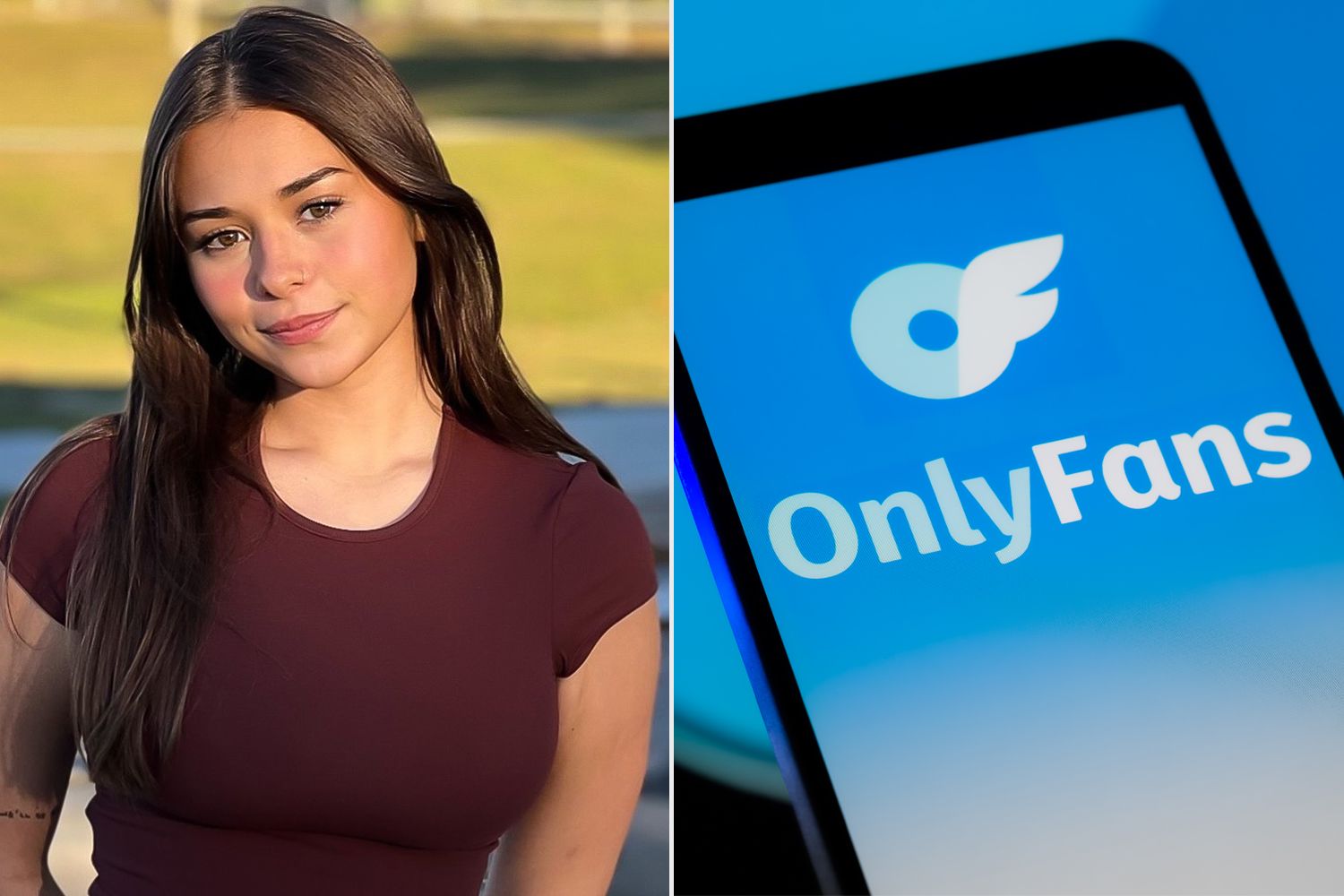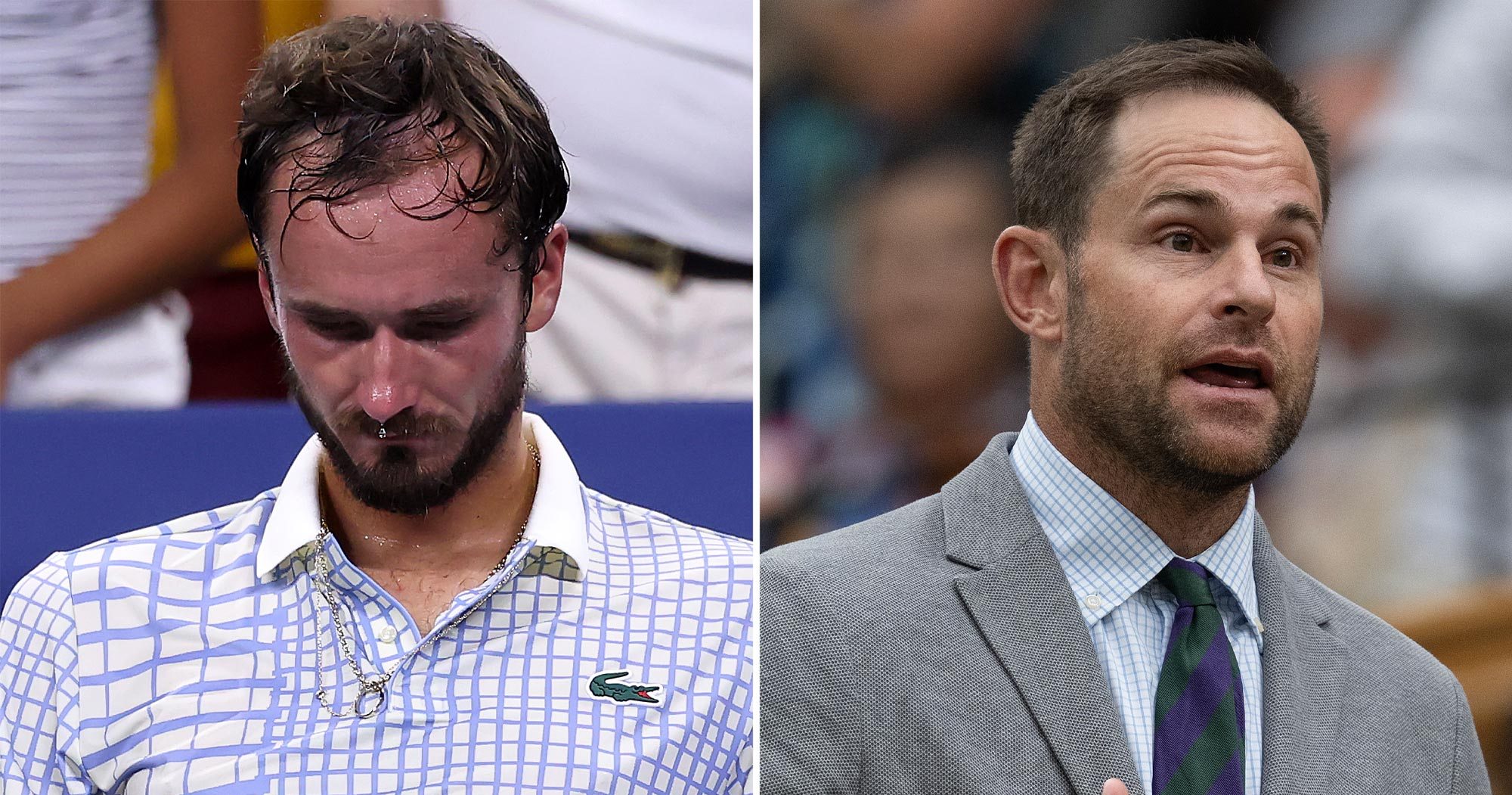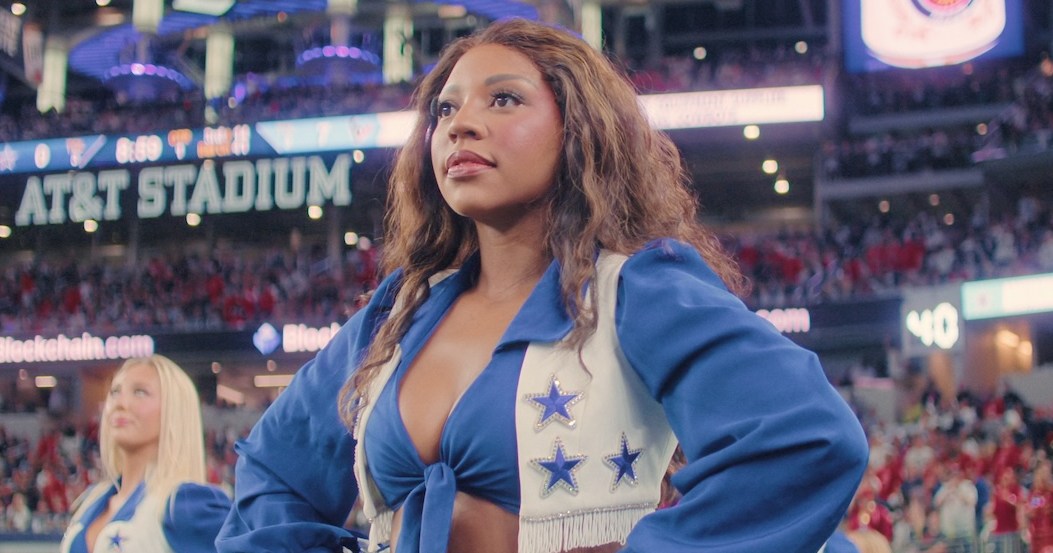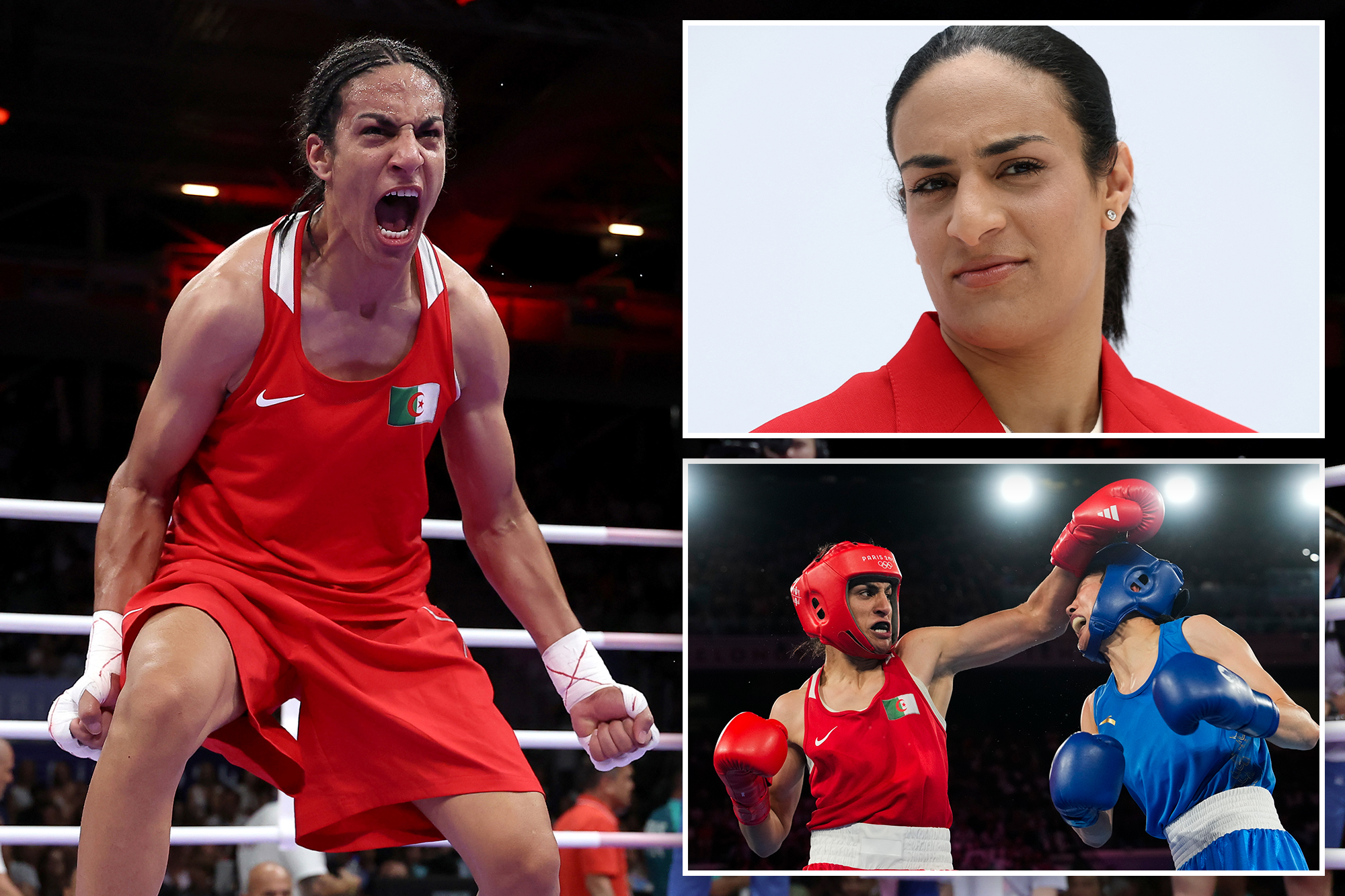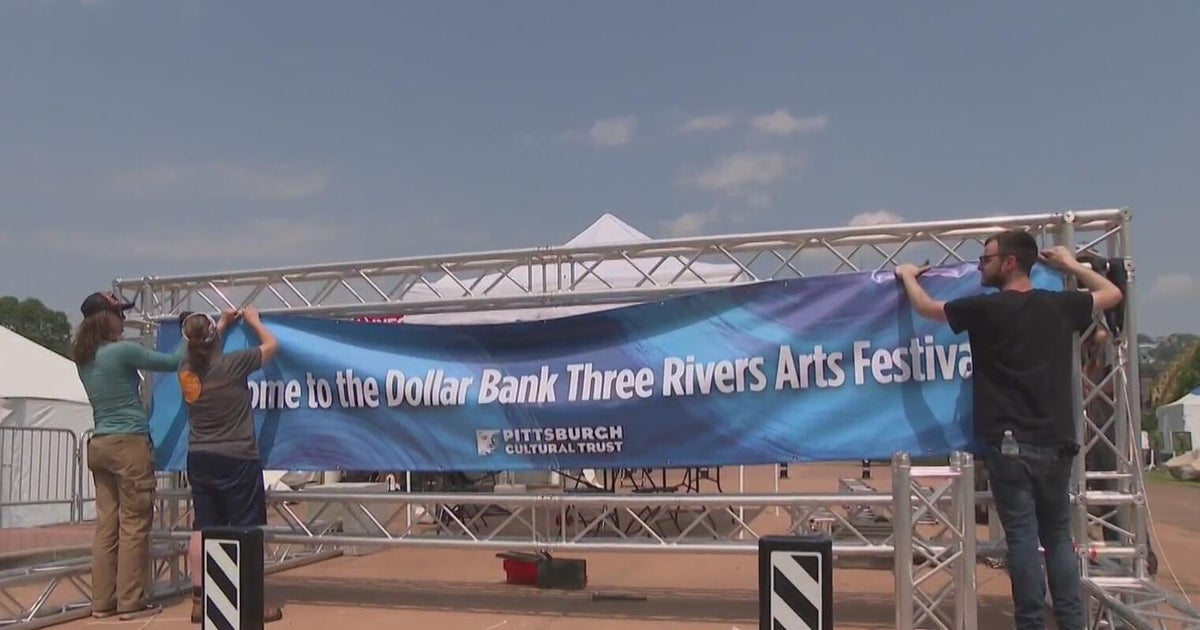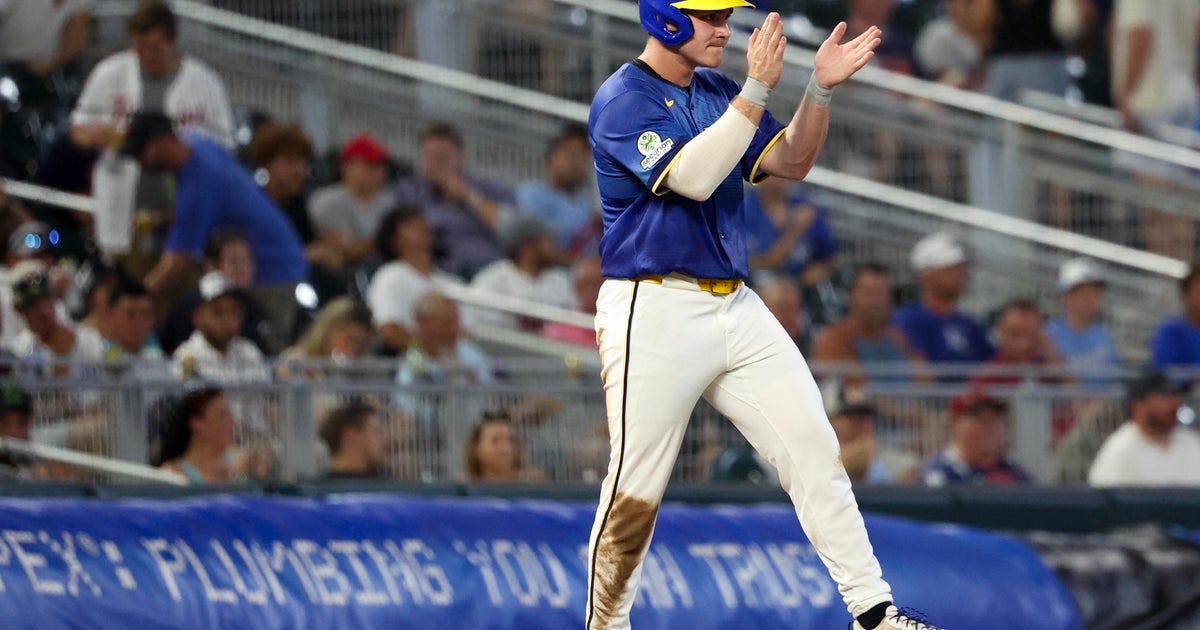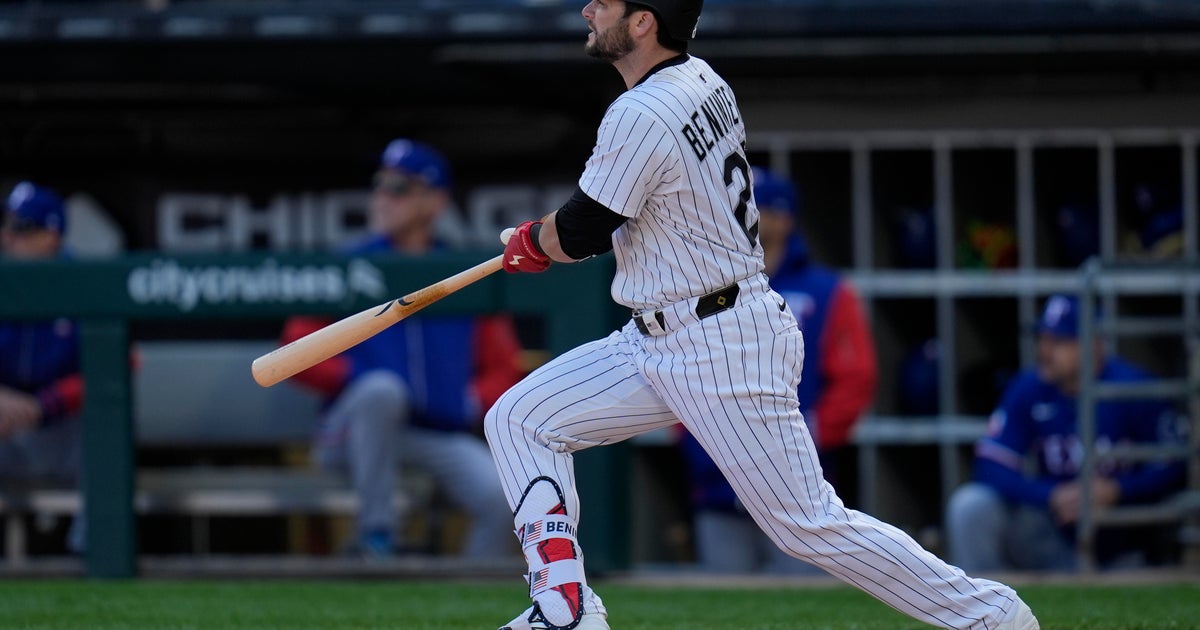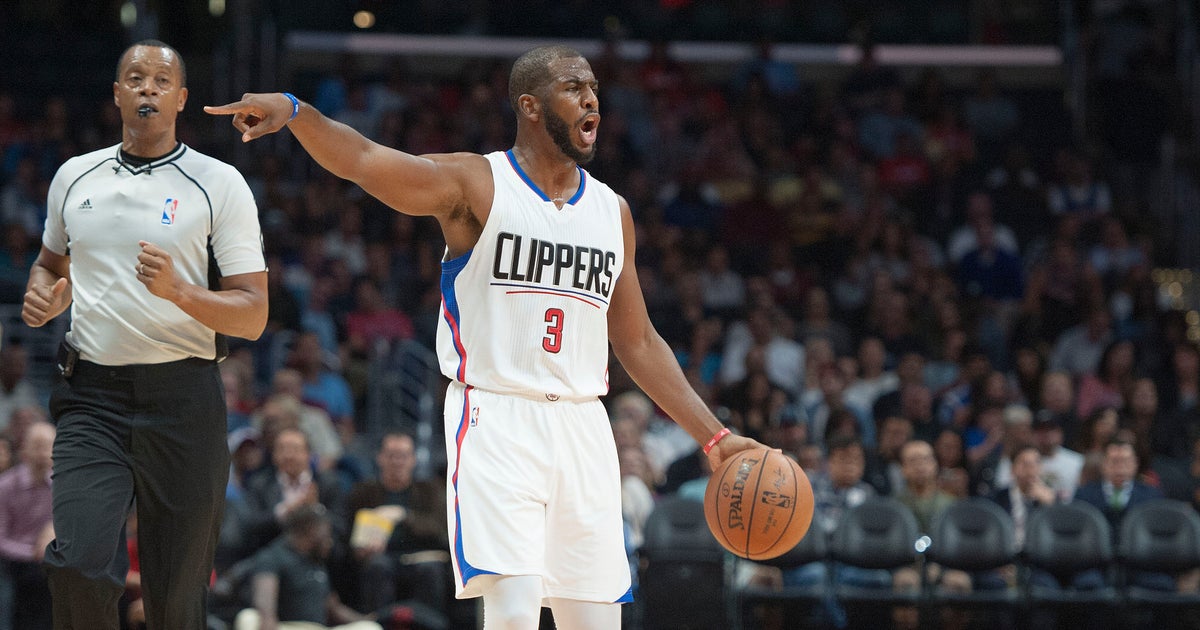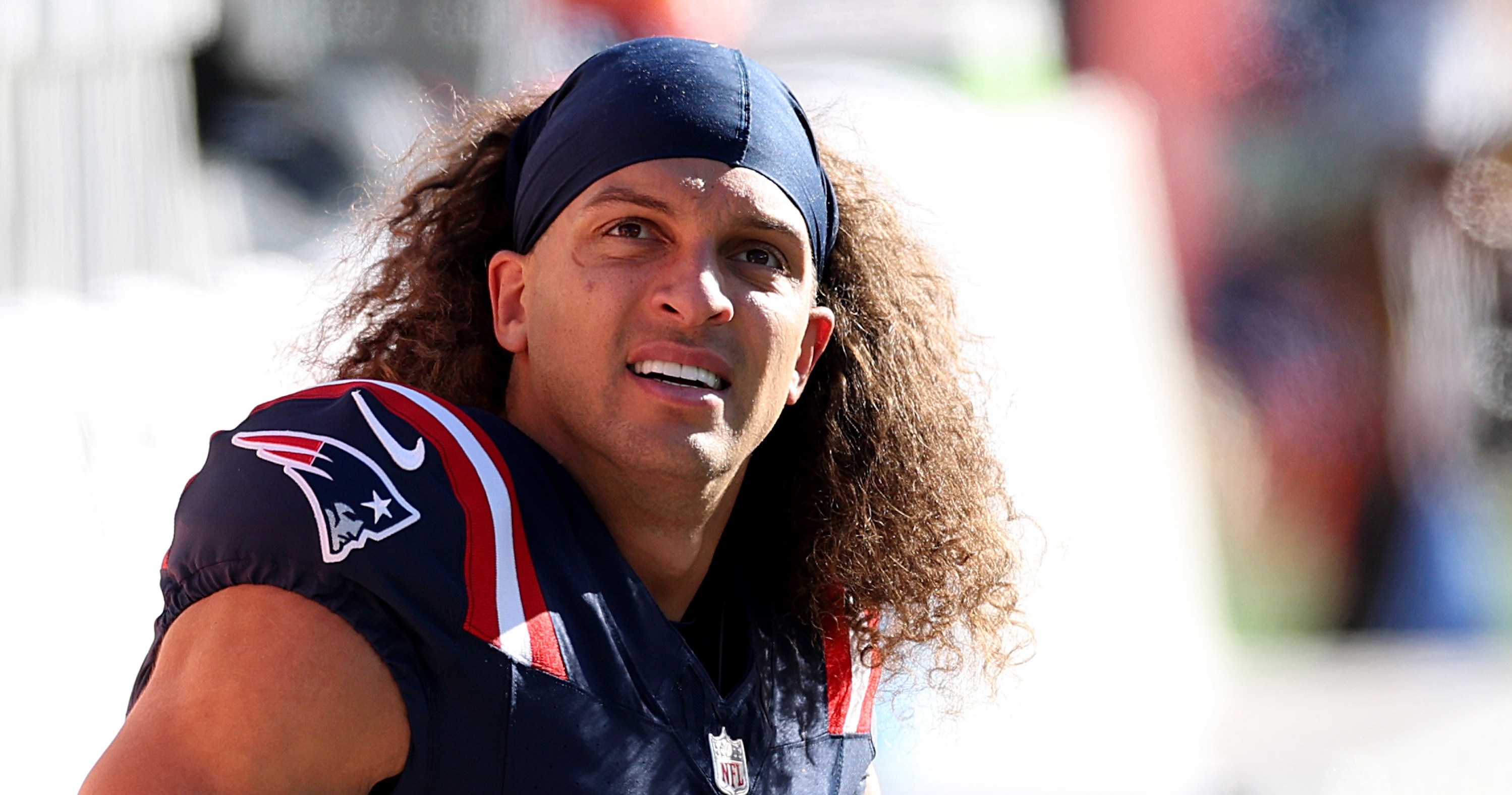Judge Approves Historic NCAA Settlement, Allowing Direct Payments to Athletes
A federal judge's ruling on Friday marks a pivotal moment in college sports, enabling schools to pay athletes millions of dollars starting next month. This decision dismantles the amateur model that has governed college athletics for over a century, ushering in a new era for the multibillion-dollar industry.
U.S. Judge Claudia Wilken's approval comes nearly five years after Arizona State swimmer Grant House initiated a lawsuit against the NCAA and its major conferences, seeking to lift restrictions on revenue sharing. The final proposal faced delays due to roster limits, but now it sets the stage for significant changes, raising concerns about the future of walk-on athletes.
The settlement, known as the House settlement, allows each school to distribute up to $20.5 million to athletes within the next year. Additionally, it allocates $2.7 billion over the next decade for thousands of former players who were previously excluded from this revenue stream.
NCAA President Charlie Baker expressed optimism in a letter following the announcement, stating that the settlement "opens a pathway to begin stabilizing college sports." He emphasized that this new framework not only permits direct financial benefits for student-athletes but also establishes clear regulations for third-party NIL (name, image, and likeness) agreements.
This agreement signifies a monumental shift for hundreds of schools that must now confront the reality that their athletes are the primary drivers of the billions generated from television and other revenues, predominantly from football and basketball.
The implications of these changes are vast and already underway. The professionalization of college athletics will be evident in the competitive recruitment of top talent heading to the NFL and NBA. Furthermore, athletes at schools opting to reduce their programs will feel the impact of this new landscape. Nearly all of the NCAA's 1,100 member institutions, which collectively support around 500,000 athletes, will experience these changes.
Wilken's ruling follows her earlier decision 11 years ago that challenged the NCAA's amateurism ideal when she ruled in favor of former UCLA basketball player Ed O'Bannon and others seeking compensation for their NIL rights—a term now as integral to college sports as "March Madness."
Last October, Wilken granted preliminary approval to the settlement, prompting colleges to scramble to figure out how to manage these payments while also regulating an industry that permits players to negotiate deals with third parties, provided they comply with guidelines set by a newly established enforcement group led by auditors from Deloitte.
This agreement shifts significant oversight from the NCAA to the four largest conferences: the ACC, Big Ten, Big 12, and SEC. These conferences now wield considerable power and influence, particularly regarding the College Football Playoff, which remains outside NCAA control unlike March Madness tournaments.

